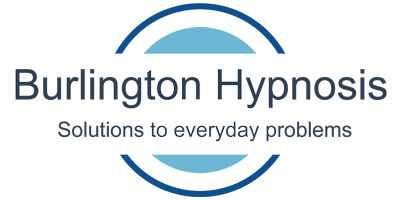 When trying to address a psychological issue, such as a phobia, there are different methods used for treatment. This can be confusing to some who want the best treatment to help alleviate their fear or put their condition in its proper place. Understanding which type of treatment is right for you starts with an understanding of what hypnosis, counselling, and CBT do and their differences.
When trying to address a psychological issue, such as a phobia, there are different methods used for treatment. This can be confusing to some who want the best treatment to help alleviate their fear or put their condition in its proper place. Understanding which type of treatment is right for you starts with an understanding of what hypnosis, counselling, and CBT do and their differences.
Hypnosis
Hypnosis has been around for many centuries and has been used to address all types of fears, unwanted behaviors, and reactions by going straight into the mind. A person under hypnosis will be trained to react differently to a specific behavior. For example, if a person suffers from anxiety, hypnosis will plant subconscious suggestions that alter the reaction to the feeling of anxiety which result in a person not suffering from the constant state of fear.
Counselling
This is a traditional form of therapy that is primarily designed to identify the source of the unwanted feeling or behavior, so the effect is lessened, and the person can retain control. In addition to identification, counselling provides methods for the patient to address what is unwanted and focus on other areas so that it can be changed in a more positive direction.
 Counselling has been a primary means of addressing fears and behaviors in millions of people around the world. Sometimes, it may be combined with CBT or hypnosis to help augment the effects.
Counselling has been a primary means of addressing fears and behaviors in millions of people around the world. Sometimes, it may be combined with CBT or hypnosis to help augment the effects.
CBT
Cognitive behavioral therapy (CBT) is one of the most widely used practices in the mental health profession. The essence of CBT to develop effective coping strategies for those who are afflicted with beliefs, thoughts, or attitudes that need be changed to lead a healthier lifestyle. For example, a person who suffers from anxiety and uses CBT will be taught methods or behaviors that curb the effect of the anxiety.
Unlike hypnosis which reaches directly into the mind, CBT is built on training the mind to react differently when the fear or symptoms are being felt. CBT is an action-oriented approach that is designed to curb the unwanted fear, behavior, or symptoms so the person can then remain in control.
Differences
The differences between hypnosis, counselling and CBT are considerable even though they seemingly use similar methods. Traditional counselling deals with identification while CBT is more along the lines of building up new habits or reactions to successfully deal with the unwanted fear, attitudes, or behaviors.
 Hypnosis is like CBT in terms of applying different responses, but the method is far different in that it implants suggestions directly into the mind. This means that the reactions are automatic and can be reinforced when needed. Hypnosis can be performed by a therapist or self-induced using the proper methods.
Hypnosis is like CBT in terms of applying different responses, but the method is far different in that it implants suggestions directly into the mind. This means that the reactions are automatic and can be reinforced when needed. Hypnosis can be performed by a therapist or self-induced using the proper methods.
An example of the differences is quitting smoking. While counselling will find the reason why you smoke, CBT will prescribe training to help you avoid smoking. Hypnosis will implant suggestions that have you turn away from lighting up a cigarette.
Finding the right choice between hypnosis, counselling, or CBT means understanding their strengths and differences, so you can make the best-informed decision. In many cases a combination of all three processes may be used to solve the problem.
By: Biodun Ogunyemi









